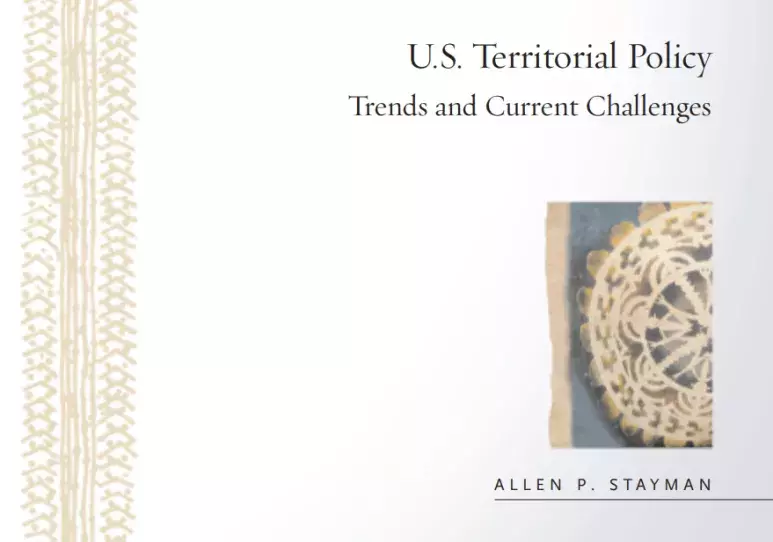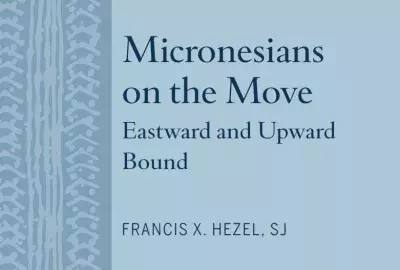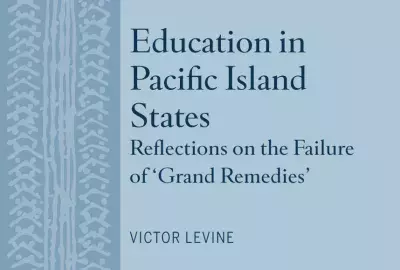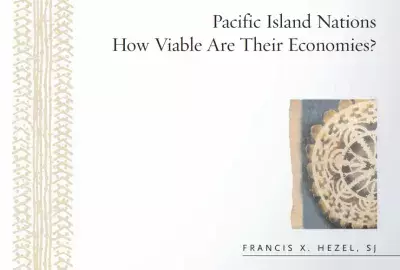Error message

As a large continental power the United States has embraced a pragmatic and flexible approach to building stable relations with remote Island jurisdictions--each with its own unique history, culture, and economic potential. In light of their distinctive needs, the United States has extended special trade, tax, wage, financial assistance, and other privileges to support the growth of the Islands' less-competitive market economies.
In this landmark paper, Allen P. Stayman breaks new ground with his analysis of how, from legal and policy perspectives, the U.S. territorial system evolved. He identifies three distinct phases: incorporated territories, unincorporated territories, and the UN Trust Territory of the Pacific Islands.
The author also analyzes how, since the 1980s, trade globalization and changing U.S. tax, trade, and economic policies have undermined many of the traditional, targeted economic supports for the Islands. As a consequence, he argues, some Islands, particularly American Samoa and the Commonwealth of the Northern Marianas, are facing dramatic economic declines. Concurrently, with the exception of Guam, the global recession is leading to a general weakening of Islands' market economies, with the United States and Island governments urgently seeking to address major new challenges to economic stability. Will policymakers be successful at revitalizing those Island communities that have historic ties to the United States, or will the economies continue to weaken and Islanders seek better opportunities by increasingly migrating to Hawaii and the continental United States?
About the Author
Allen P. Stayman is an official with 22 years of service to the U.S. Senate and the Departments of the Interior and State on matters relating to the U.S. territories and freely associated states.
As a large continental power the United States has embraced a pragmatic and flexible approach to building stable relations with remote Island jurisdictions--each with its own unique history, culture, and economic potential. In light of their distinctive needs, the United States has extended special trade, tax, wage, financial assistance, and other privileges to support the growth of the Islands' less-competitive market economies.
In this landmark paper, Allen P. Stayman breaks new ground with his analysis of how, from legal and policy perspectives, the U.S. territorial system evolved. He identifies three distinct phases: incorporated territories, unincorporated territories, and the UN Trust Territory of the Pacific Islands.
The author also analyzes how, since the 1980s, trade globalization and changing U.S. tax, trade, and economic policies have undermined many of the traditional, targeted economic supports for the Islands. As a consequence, he argues, some Islands, particularly American Samoa and the Commonwealth of the Northern Marianas, are facing dramatic economic declines. Concurrently, with the exception of Guam, the global recession is leading to a general weakening of Islands' market economies, with the United States and Island governments urgently seeking to address major new challenges to economic stability. Will policymakers be successful at revitalizing those Island communities that have historic ties to the United States, or will the economies continue to weaken and Islanders seek better opportunities by increasingly migrating to Hawaii and the continental United States?
About the Author
Allen P. Stayman is an official with 22 years of service to the U.S. Senate and the Departments of the Interior and State on matters relating to the U.S. territories and freely associated states.







